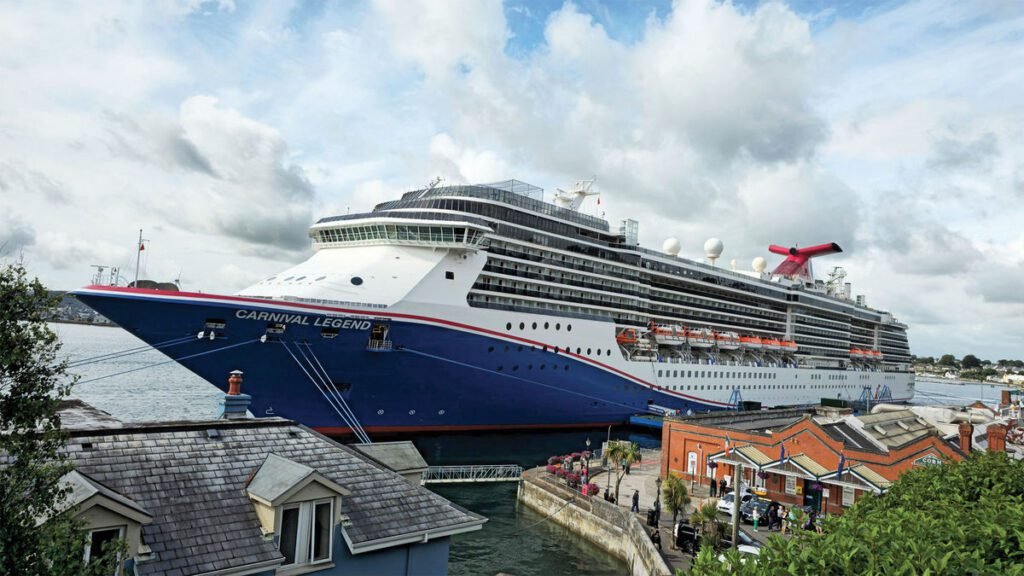Following the turbulence in the stock market last April and the escalating tensions during the June conflict in Iran, many cruise enthusiasts hesitated to book their next voyages. However, as news cycles shifted, they quickly returned to planning their travel adventures.
Cruise industry analyst Patrick Scholes emphasizes that while cruisers are known for being "notoriously panicky," booking trends have remained generally stable despite this year’s economic and geopolitical challenges. According to feedback from major cruise lines and agencies, fluctuations in bookings—often linked to significant international events—have only been temporary. Notably, large companies like Carnival Corp. and MSC Group have not observed any drastic changes in booking patterns.
"The American cruise customer tends to be skittish, particularly when international conflicts arise, especially if there’s a cruise destination nearby," Scholes notes. The recent conflict between Israel, the U.S., and Iran was a critical point when cruise bookings for European destinations notably slowed. However, once travelers deduced that the situation was not escalating into a more significant conflict, booking habits resumed to normal. Scholes remarked that the quick end to the escalation allowed customers to breathe easier, with only a brief period of decreased bookings.
Carnival Corp. reported a steady recovery. Following a challenging April, CEO Josh Weinstein indicated an upward trend in sales during May and early June, highlighting a robust Wave season that has tightened summer cabin availability and advanced bookings for the upcoming year.
Bookings for European cruises, particularly for the third quarter, are performing well, according to Weinstein. The company is witnessing strong demand, which reflects an overall positive outlook. Scenic Group echoed these promising trends, reporting a surge in global demand, particularly for summer Mediterranean and European river cruises.
While most travelers exhibit confidence, some cruise experts are observing trends toward more localized bookings influenced by current events. "People are booking more close to home," stated Marisel Aleman, vice president at Cruise Elite in Florida, indicating that global conditions might impact destination choices.
Although Mediterranean cruises may not be at capacity yet, they are relatively full for the third quarter, as noted by Bill Coyle from KHM Travel Group. Despite this, there’s still room for more bookings as demand continues.
Travelers’ concerns also impact affluent clients. Carlos Edery of Luxury Cruise Connections observed increased cancellations among older clients typically favoring long trips, indicating that geopolitical and economic sentiment significantly influences booking patterns. Yet, industry insiders like Mark Wilson from Arrivia view these recent fluctuations as temporary disturbances, suggesting that the long-term outlook remains stable for cruise bookings in Europe.
Josh Tolkin from World Travel Holdings described the cruise industry as both dynamic and resilient. While significant news events can disrupt booking patterns, travelers tend to adapt, and demand rebounds. With ongoing normalization following the post-Covid travel boom, he envisages that 2025 will revert to typical booking behaviors and that 2026 will further stabilize.
In conclusion, while transient events can influence consumer confidence in booking cruises, both analysts and industry leaders remain optimistic that the long-term trajectory for cruise travel is steadily improving.


